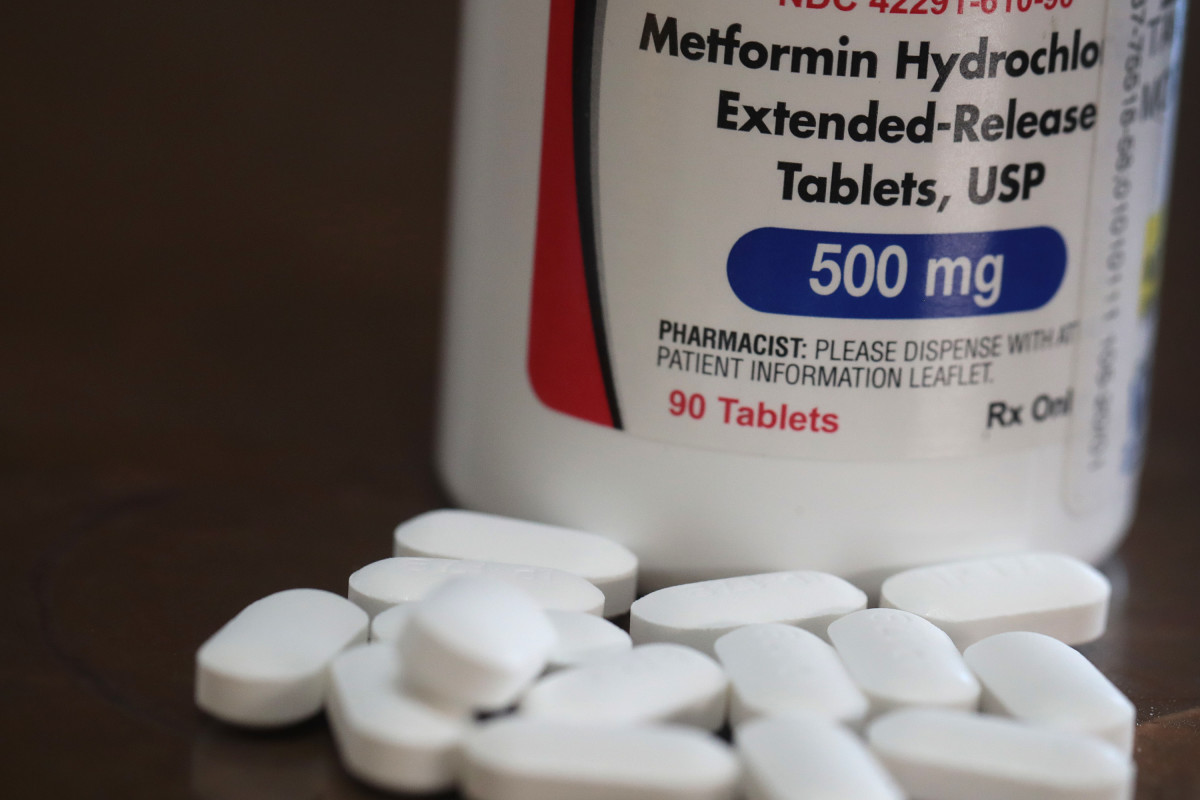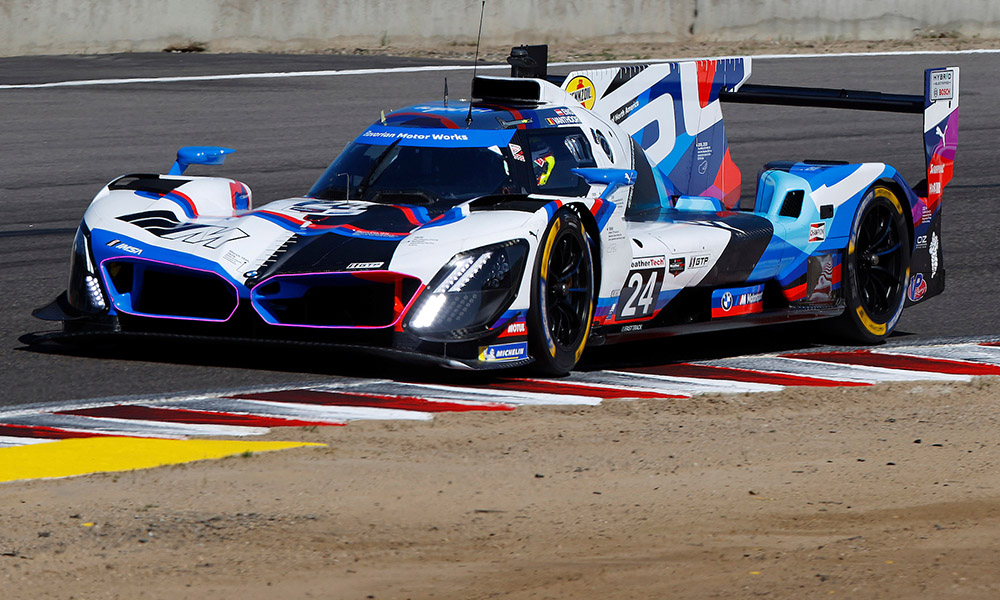Metformin: The Generic Pill Showing Promise Against Colon Cancer
A dirt-cheap diabetes drug might be the next big thing in colon cancer prevention—and scientists are paying close attention.

A cheap, widely available diabetes drug may soon pull double duty as a colon cancer-fighting supplement, according to new research that’s turning heads in the medical world.
Metformin, a staple treatment for type 2 diabetes, is being explored for its potential to help battle colon cancer. Researchers from The Ohio State University presented early-stage findings at the American Association for Cancer Research conference in Chicago last week, suggesting the drug might have a future as part of colon cancer treatment plans.
“Metformin seems like it could have a really interesting supplemental approach to therapy,” Holli Loomans-Kropp, the lead researcher, told Business Insider. “We're opening up some doors to what this could do.”
Related: Study Finds America’s Riskiest States for Sex
The study focuses on how metformin interacts with stubborn colon cancer cells, especially those linked to mutations in the KRAS gene, which is a type notoriously difficult to treat. Previous studies hinted at a protective effect: diabetics taking metformin appeared to have lower rates of colon cancer. However, this new research pushes the question further, looking at whether the drug can actually help fight the disease once it’s developed.
In lab tests, metformin showed signs of slowing cancer cell growth, though it’s not strong enough to replace traditional treatments. Instead, scientists hope it could enhance existing therapies. The next steps include animal testing, with human clinical trials potentially down the road.
One major upside? Metformin’s accessibility. Off-patent and dirt cheap it costs about 10 to 20 cents a pill. Plus, it’s already been used safely by millions worldwide. That makes it a particularly appealing option for repurposing.
The drug’s power comes from the way it shifts how cells use energy. Metformin regulates glucose production and encourages autophagy, a cleanup process that helps clear out damaged cells. That same energy shift is what researchers think might make it harder for colon cancer cells to thrive.
While it’s too early to call metformin a miracle cure, the buzz is real, and the potential is big.














































































